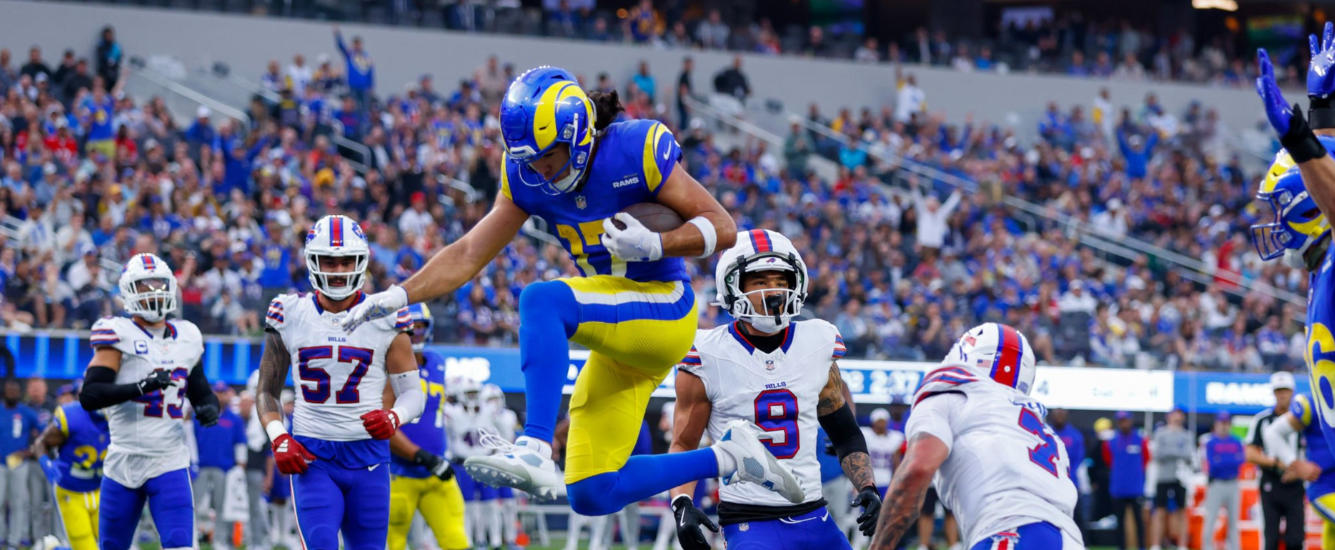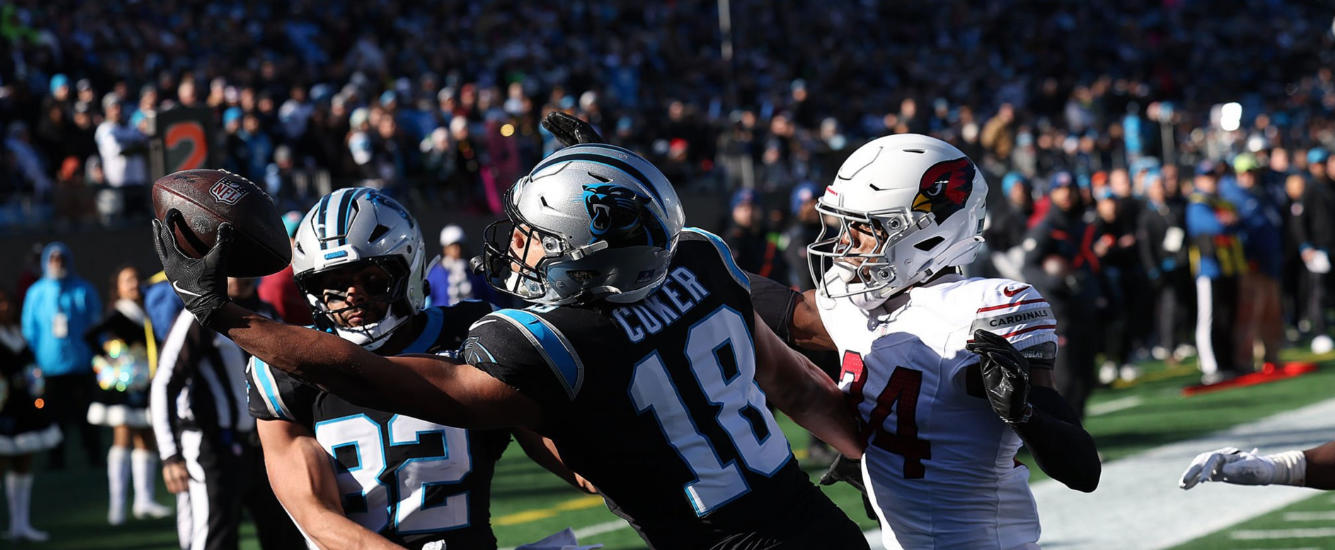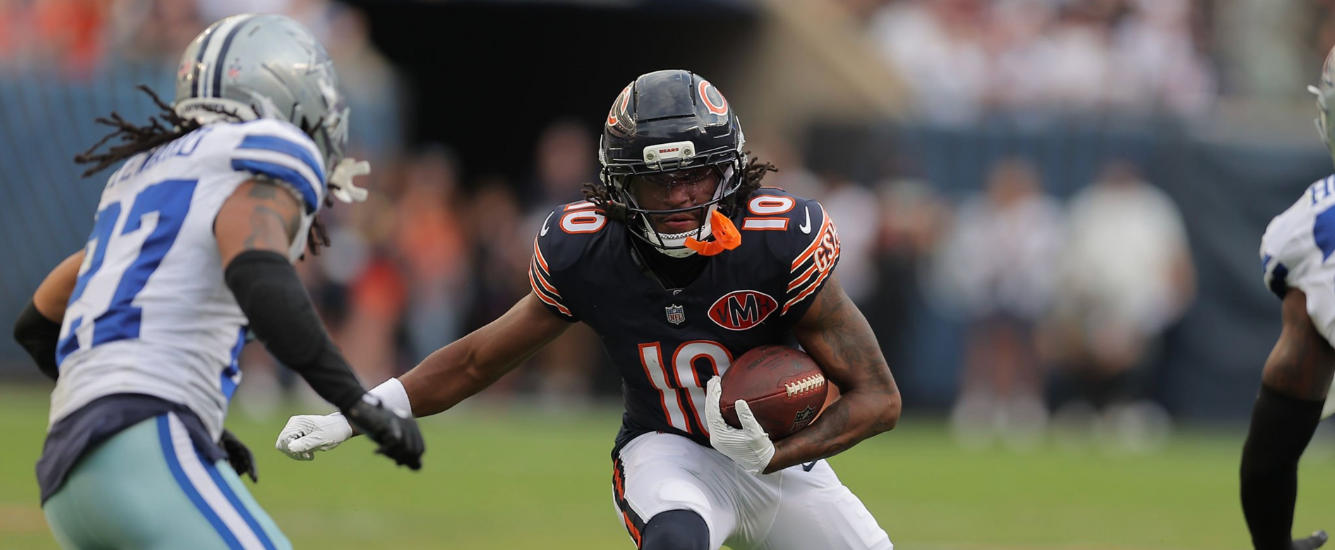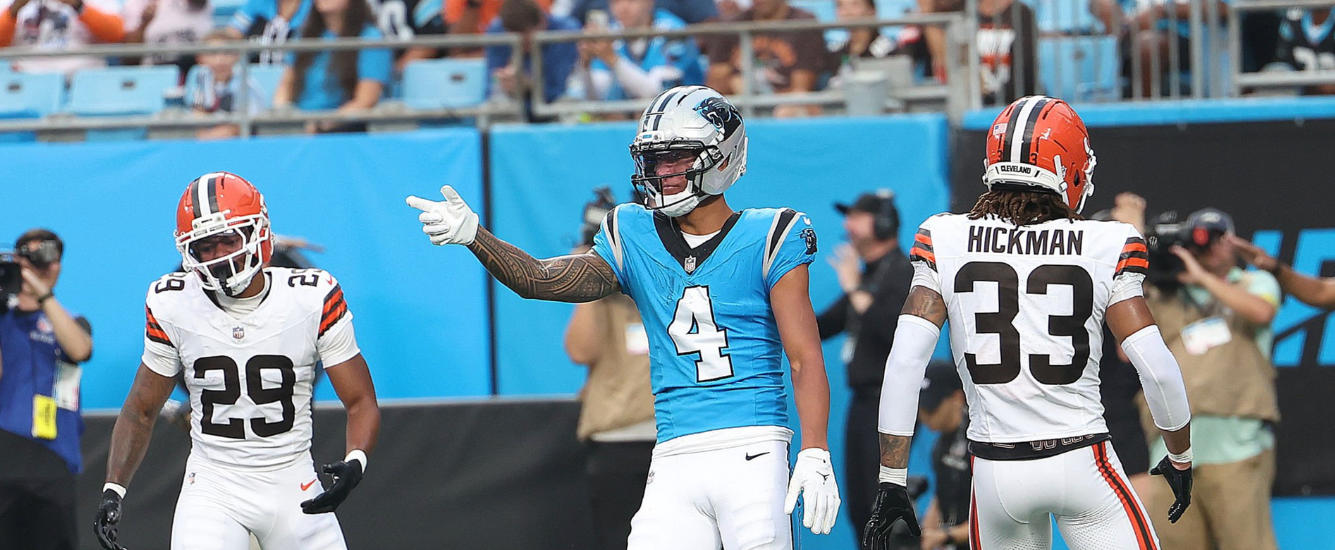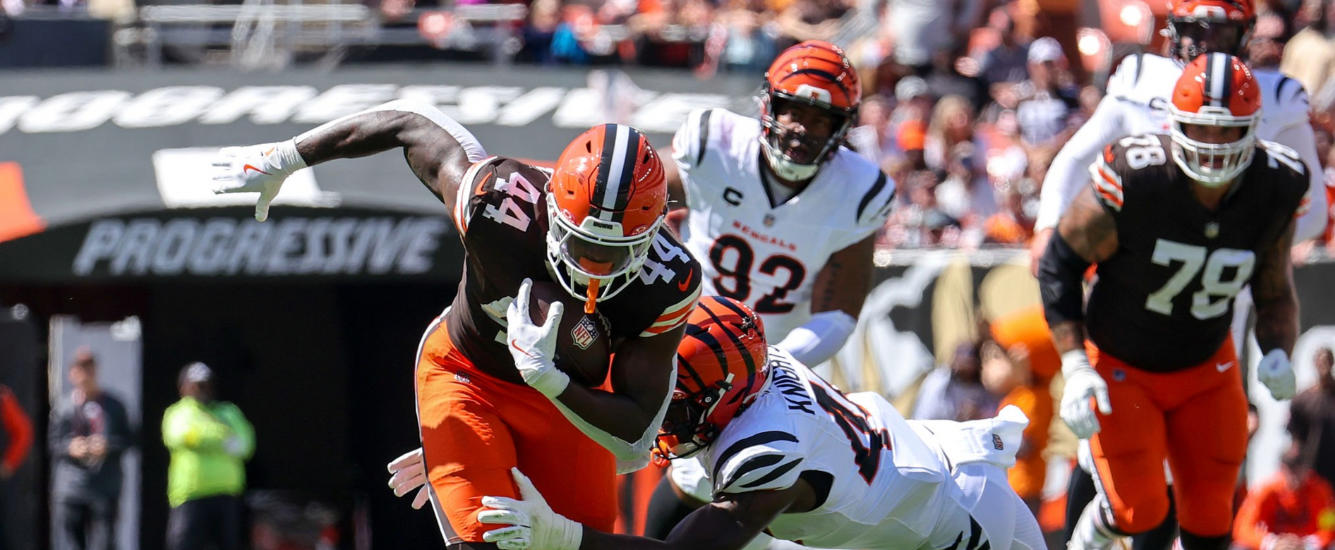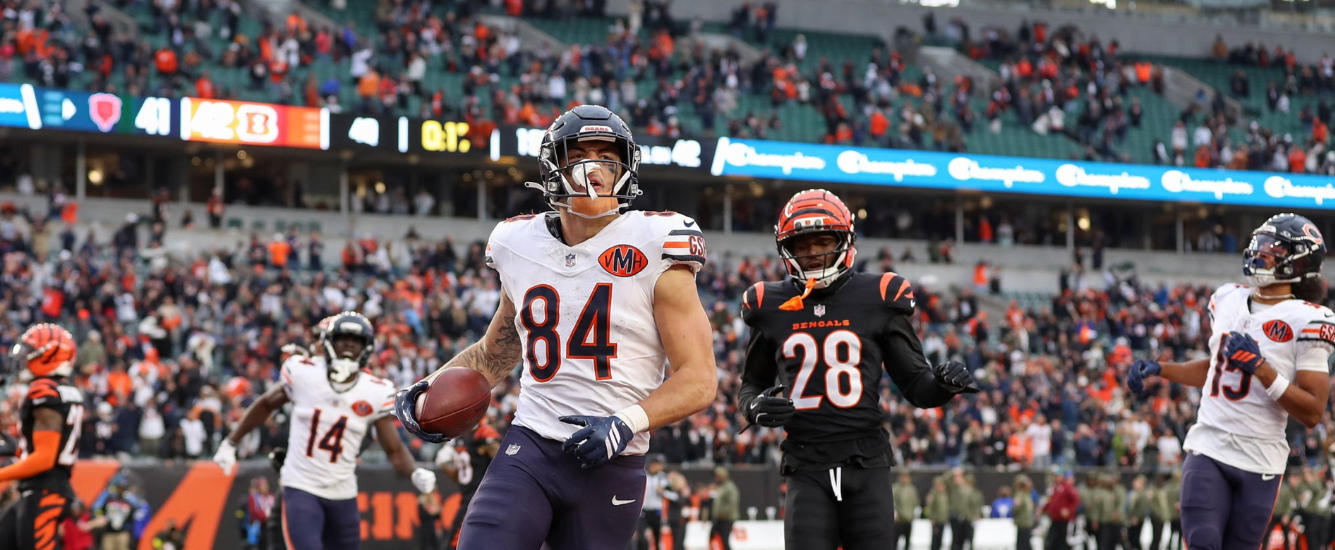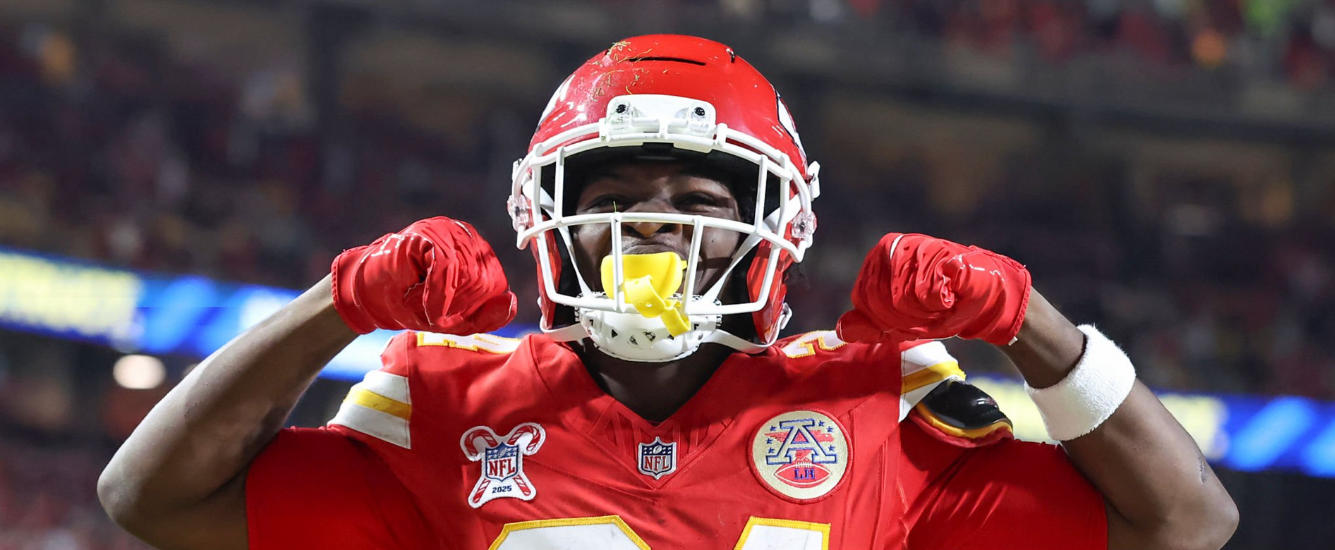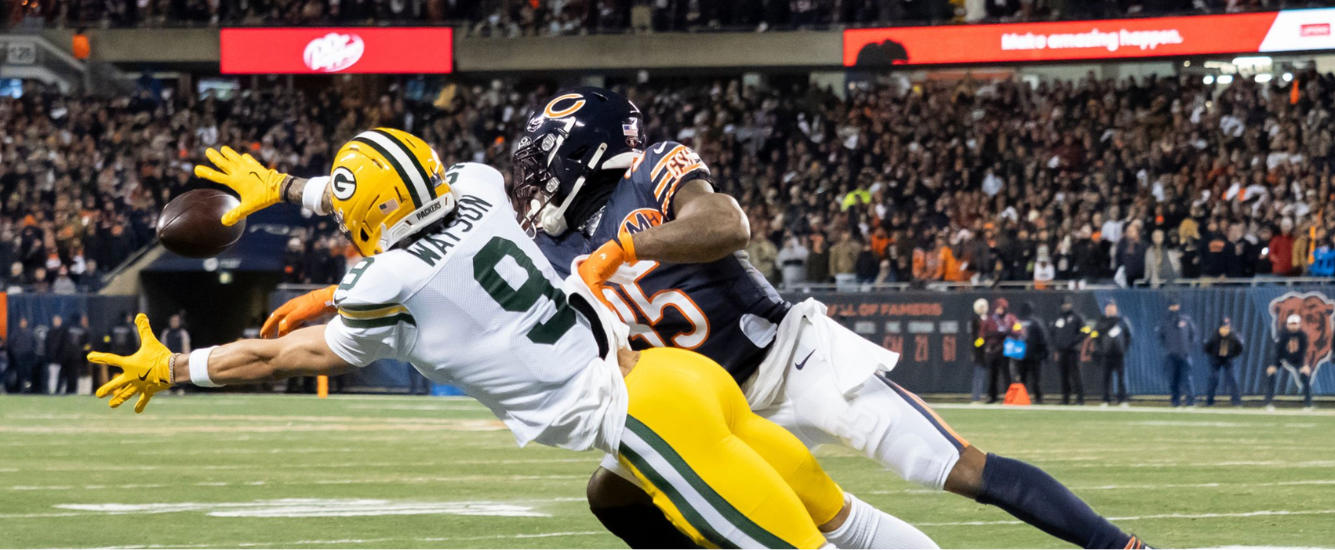All my kids are into Lego. As such, we sometimes watch a show called Lego Masters. The premise is something like MasterChef, but instead of food, the medium is Lego bricks. I don’t necessarily recommend it, even if you’re into Lego, but my kids enjoy it. Contestants compete as teams of two, and while most of the teams are made up of pairs of enthusiasts — sibling teams, co-worker teams, and parent-child teams in which both members are avid builders — one team in Season 1 consisted of a young man and his new bride. He was a serious Lego builder intent on winning. She basically couldn’t care less about Lego and was just there to support her husband’s hobby and help out in whatever way she could. With only one highly motivated team member and one team member who doesn’t really want to be there except maybe to be on TV, this team would seem to be at a disadvantage. Naturally, they won the entire season.
The whole thing reminded me of a metaphor Plato employs in the Republic when he’s complaining that philosophers get no respect in the political arena:
Imagine . . . that something like the following happens on a ship. . . . The shipowner is bigger and stronger than everyone else on board, but he’s hard of hearing, a bit short-sighted, and his knowledge on seafaring is equally deficient. The sailors are quarreling with one another about steering the ship, each of them thinking that he should be the captain. . . . They’re always crowding around the shipowner, begging him and doing everything possible to get him to turn the rudder over to them. And sometimes, if they don’t succeed in persuading him, they execute the ones who do succeed or throw them overboard, and then, having stupefied their noble shipowner with drugs, wine, or in some other way, they rule the ship, using up what’s in it and sailing in the way that people like that are prone to do.
He goes on to explain how the person who actually knows about seafaring — who’s watching the stars and paying attention to the winds and the seasons and the skies — will be regarded as a useless stargazer who’s not helping in the cause of taking and maintaining control of the ship. Even though, according to Plato, the philosopher should be king, nobody appreciates his (always his, for Plato) expertise.
Many later commentators read Plato’s metaphor in a different way: a ship with so many “captains” vying for control — a democratic ship, in other words, that is subject to the whims of majority opinion and constant compromise (or worse) — is directionless and, on the whole, motionless. It never reaches its destination. This is not an entirely illegitimate reading — Plato almost certainly did believe something very much like this about democratic forms of government.
With the benefit of more historical perspective than Plato had access to, we can see more clearly that the checks and balances of democracies that make them ill-suited for running a ship also probably make them well-suited (or at least, not as ill-suited as everything else that’s been tried, to paraphrase Churchill) for running states. The ship of state metaphor breaks down. However, Lego Masters teams aren’t like states. They’re probably more like ships. A single captain might actually be an advantage.
Fantasy teams are also probably more like ships than like states. This becomes especially apparent when you draft with other people. I drafted another FFPC FantasyPros team with Hasan Rahim and Kevin Szafraniec on Sunday night. It could be particularly helpful to look at how we navigated some key differences of opinion, and how we just barely kept our ship off the rocks (we think).
Read on to see how we navigated this treacherous format, and then draft your own team in the FFPC FantasyPros Championship — still arguably the most accessible way to become a fantasy football millionaire!
Decision 1: Hedge or Double Down?
The first key decision point that offered a test of democracy in action came in Round 2. We had drafted Sam LaPorta at the 1.11, and when our pick came back up, we were far from unanimous. Hasan and I spent a few seconds arguing the relative merits of Trey McBride and A.J. Brown until I appealed to Kevin to break the tie. He suggested Puka Nacua.
Each one of us preferred a different player, and each player represented a slightly different risk profile. On the one hand, McBride gives us arguably the two best TEs in the league; on the other hand, it slows us significantly in our race against the WR avalanche. Nacua is a player we drafted on our previous FFPC FantasyPros team, so it would give us 100% exposure to him across our joint portfolio — a situation you can lean into if you believe in Nacua (or still harbor some skepticism about a Kupp bounceback). Brown represents a hedge in multiple ways: neither Kevin nor I have much exposure in best ball, and we had drafted DeVonta Smith on the previous team.

Ultimately there were good reasons for every option, and Brown avoids overexposing us to a single early pick or constraining our future flexibility the way Nacua and McBride would have.


